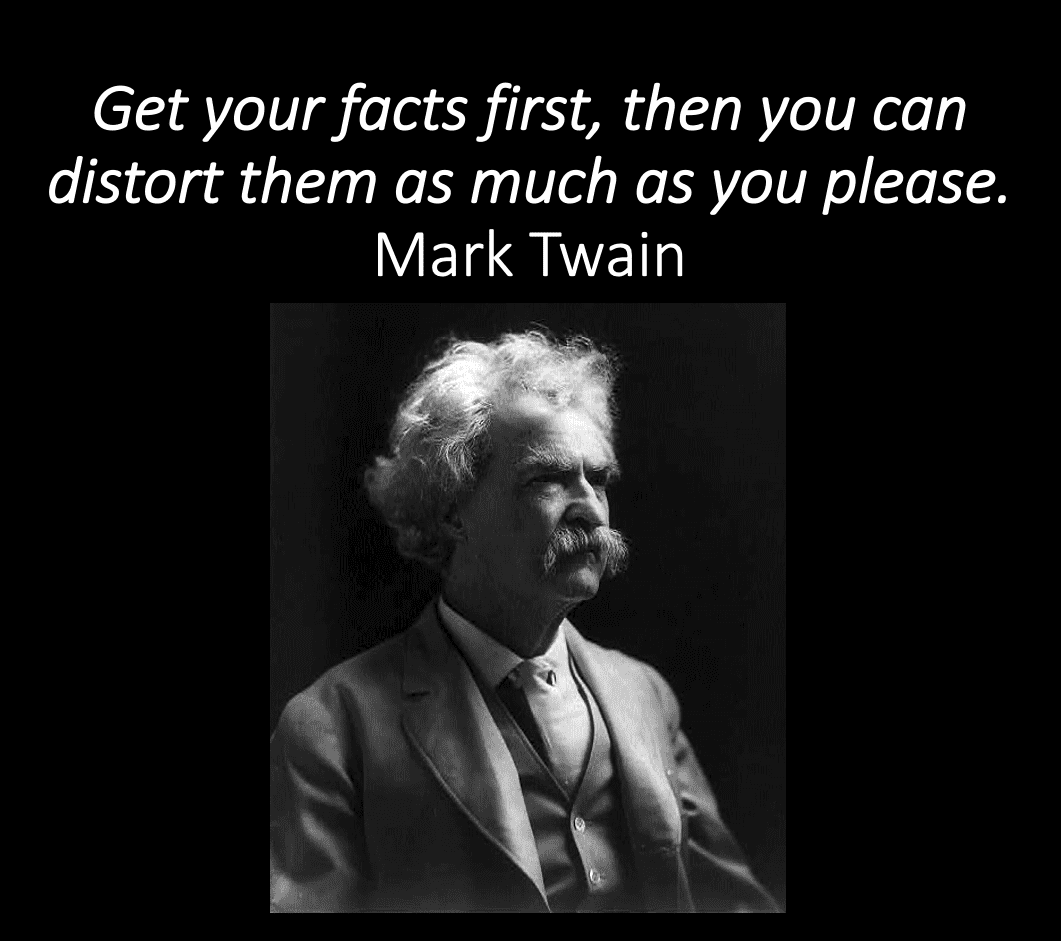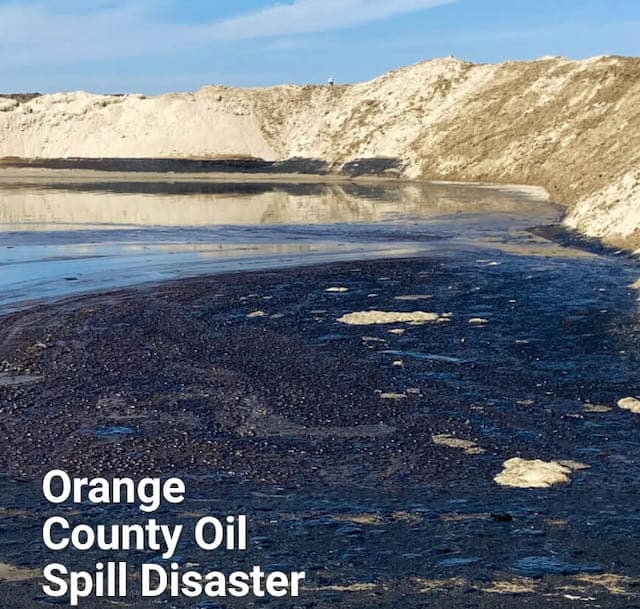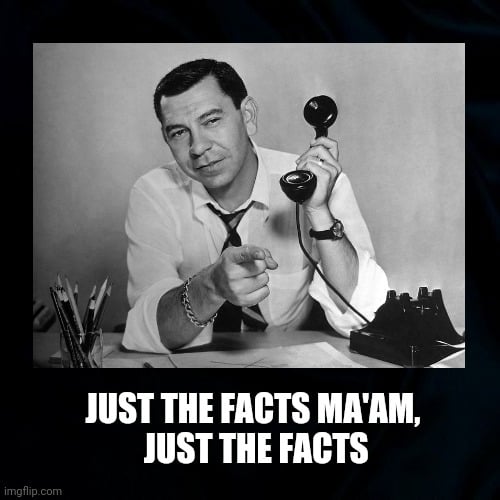Who is to BLAME for California Coast Oil Spill – Time to Jump to Conclusions

BLAME and Jumping to Conclusions
Blame for the spill off the coast of California started before any type of investigation was completed or even before any type of accurate assessment of the size of the spill could be determined. For example the New York Times quoted Mayor Kim Carr of Huntington Beach as saying:
“The responsible parties” to blame for the spill should “do everything possible to rectify this environmental catastrophe.” She added that officials were looking at measures “to make sure that they are held accountable for this.”
Here are some of the headlines:
- ‘Major’ Oil Spill Off California Coast Threatens Wetlands and Wildlife
- California oil spill legal fight likely to last years
- California oil spill: Gov. Gavin Newsom declares state of emergency; criminal, civil investigations underway
- Company suspected in the Huntington Beach oil spill had dozens of violations
- California attorney general to investigate oil spill as Huntington Beach reopens
- In California oil spill, pipeline critics find a way to push Biden
- The screwed-up supply chain may have caused California oil spill disaster
The Associate Press said that the first class action lawsuits were filed a little more than 48 hours after the spill was discovered. The story says:
“Finding the cause, who is to blame, and if they will be held accountable will take much longer.”
A USA Today article says:
“Congress could step in. The House Natural Resources Committee will review a pair of bills next week aimed at strengthening regulation and oversight of offshore oil drilling.”
Accidents Are Bad – Why Sensationalize Them?
I think that everyone would agree that major accidents are bad. Environmental accidents should be prevented, if possible. That people who intentionally or even negligently (a legal term) cause an environmental accident should be held accountable. But nobody knows the root causes of an accident until an investigation is completed. And by the time the articles above were written, we did not (and probably still do not) have an accurate accounting of the oil spilled.
We don’t even have a real timeline for the spill. Did it start at 2:30 AM when the pressure drop on the pipeline was noticed in the control room? When was the pipeline damaged? Did a ship hit the pipeline and drag it 100 feet and rip it open?
When the news starts using terminology like “environmental disaster,” “massive spill,” and “devastating impact,” you might suspect that they have an agenda. Is it to sell more papers? Get more viewers? Shut down offshore drilling? Most news organizations don’t say. However, some not-for-profits, like Surfrider, state that their goal is to shut down offshore drilling. As they say at the bottom of their article about the spill:
“Together, we can transform this horrific spill into a turning point
that puts a stop to oil drilling on our beloved coasts for good.”
That goal may be a reason to sensationalize things.

What Should We Do To STOP Major Accidents?
This accident isn’t any different than any other major accident. In a recent article about another spill (the Deepwater Horizon), we discussed using conservative decision-making and advanced root cause analysis to stop major accidents. Would these corrective actions stop this spill? We might say “Yes,” but we really DON”T KNOW. Why? Because the investigation hasn’t been performed. As Mark Twain said, “Get your facts first, then you can distort them as much as you like.”
So, what we need is a thorough investigation of the facts to understand what/how the spill happened and why it happened BEFORE we start developing effective corrective actions that can be applied by the company (or companies) involved and before government regulators and legislators start proposing new regulations.
Jumping to conclusions, sensationalizing the accident, and blaming people or companies before the facts are known won’t stop a major accident. We (individuals, news organizations, government agencies, and legislators) need to take a step back and face the facts before we jump to conclusions and place blame.




